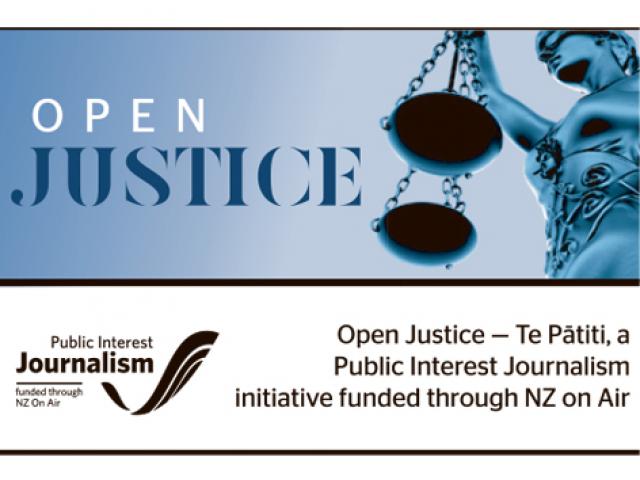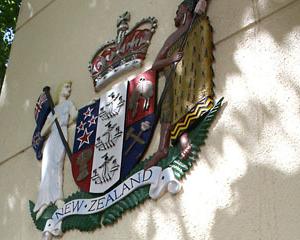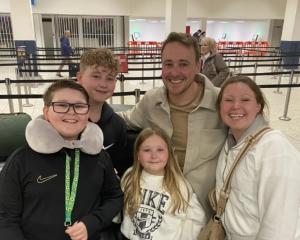
In its decision on the festival’s special alcohol licence released today, the Queenstown Lakes district licensing committee backed the organiser’s "proven track record" and dismissed submissions by police and Te Whatu Ora Health New Zealand as largely "conjecture".

In their decision, committee chairman Lyal Cocks and members Phil Jones and John Mann rejected a call for the alcohol serve limit to be cut from four 400ml drinks to two.
It also found the bar operating hours were now appropriate following an offer by festival organiser Alex Turnbull to reduce them by two hours on both December 30 and 31.
The committee said controls aimed at minimising alcohol harm should be "balanced with the pleasure many people derive from the consumption of alcohol", and festival patrons needed to be given the opportunity to take responsibility for their actions.
The event’s "comprehensive" drug and alcohol management plans had measures to prevent alcohol harm, including 16 food vendors, free water, shaded areas, alcohol-free options, a wellbeing space and medical services.
The decision follows a hearing in Queenstown a week ago at which police and HNZ asked the committee to reduce the alcohol serve limit and bar operating hours.
Police national co-ordinator of alcohol harm prevention Acting Senior Sergeant Ian Paulin told the committee the festival had a good track record, but its management plans did not sufficiently mitigate the risks of harm from alcohol, drugs and sexual assaults.
A combination of alcohol, party drug ecstasy, and the typical 18 to 25 years age of patrons caused an "underbelly of harm", Acting Sen Sgt Paulin said.
Mr Turnbull told the committee there had been only "six or seven" arrests due to intoxication in the festival’s 12-year history at the site.
It was uncommon for one patron to buy four serves for themselves, and a reduction in the serve limit would only cause frustration and unnecessary friction in bar queues, he said.
The committee said much of the information presented by police and HNZ was "conjecture rather than evidence from actual events".
"We support actions to minimise harm, but there was no evidence provided to confirm a two-serve limit will achieve a reduction in harm."
However, it added a condition requiring the festival’s duty manager to hold hourly meetings with the police or liquor licensing inspector throughout the event, and follow any directives relating to the sale and supply of alcohol.
It also required the applicant to hold a formal debrief with police, HNZ and other interested agencies within two months of the event to enable feedback to be provided.







